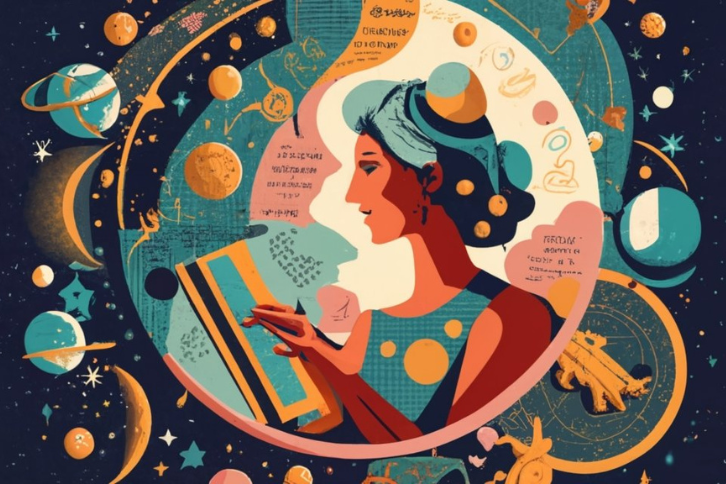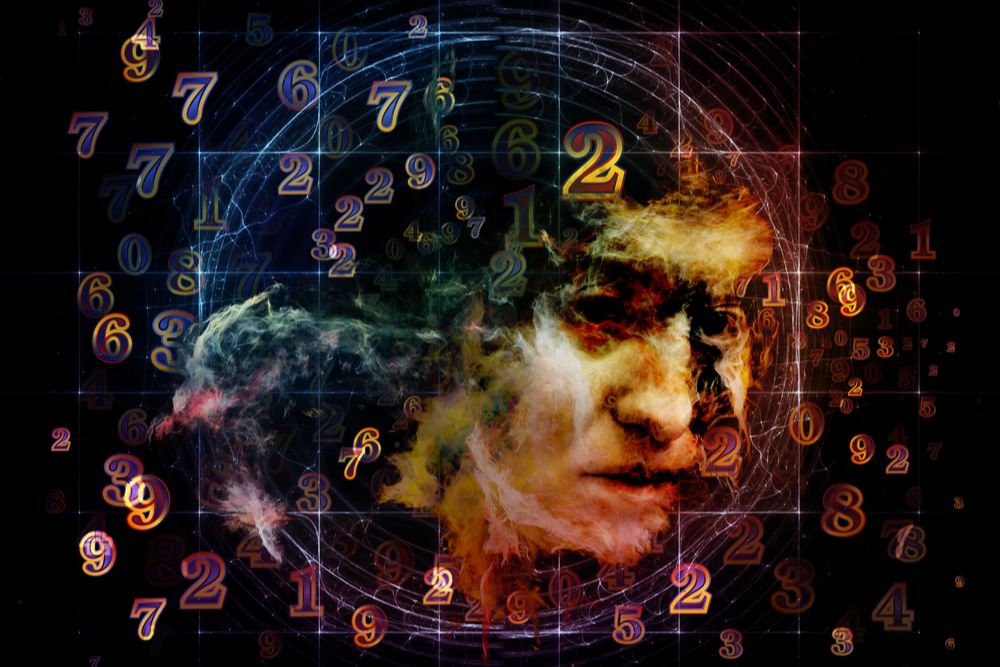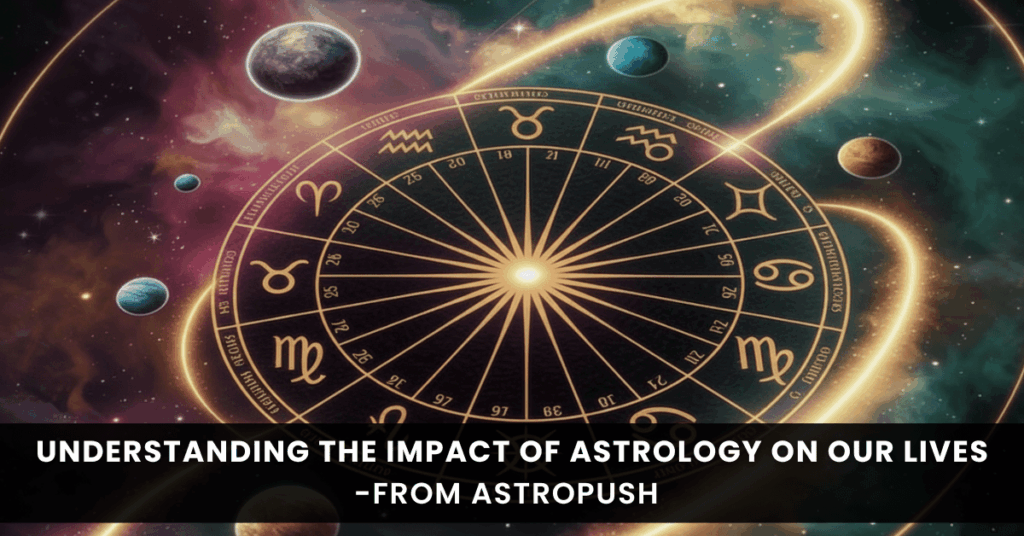Astrology is a subject that has fascinated and intrigued humanity for centuries. It’s a practice that has evolved over time, shaping and reflecting the beliefs and cultural norms of various societies. In this blog, we will take a deep dive into the history and evolution of astrology, tracing its origins, exploring its development, and understanding how it continues to influence our lives today. We, as content experts at AstroPush, commit to bringing you valuable insights into the mystical world of astrology.
The Origins, History, and Evolution of Astrology
Astrology’s roots can be traced back to ancient civilizations. The word “astrology” itself comes from the Greek words “astron,” meaning star, and “logia,” meaning study. These early cultures practiced astrology differently than we do today.
Babylonian Astrology
One of the earliest recorded forms of astrology emerged in ancient Babylonia around the 2nd millennium BCE. Babylonian astrologers observed the night sky, paying close attention to the movements and positions of celestial objects, such as stars and planets. They believed that these celestial events could provide insight into human affairs and the natural world. Babylonian astrology laid the groundwork for the zodiac and the division of the sky into 12 sections, each associated with a specific constellation making a big impact in History and Evolution of Astrology.
Egyptian Astrology
In ancient Egypt, the agricultural calendar was closely tied to astrology. The rising of the star Sirius indicated the annual flooding of the Nile, which was essential for agriculture in ancient civilizations. Egyptian astrology also played a significant role in their religious beliefs, with various celestial bodies associated with deities and their myths playing a major role in the History and Evolution of Astrology.
Greco-Roman Influence
The Greeks and Romans were pivotal in the spread and development of astrology. The works of scholars like Claudius Ptolemy in the 2nd century CE helped systematize and organize astrological knowledge. This period saw the introduction of horoscopes, a key element in modern astrology. At a person’s birth, the positions of the planets and stars create horoscope charts, which are believed to reveal important insights into one’s personality and future.
The Middle Ages and Renaissance
During the Middle Ages, astrology faced challenges from religious authorities who often viewed it with suspicion. However, it persisted and even thrived among scholars and astrologers. The Arabic world played a crucial role in preserving and advancing astrological knowledge. Works by Islamic scholars like Al-Kindi and Al-Biruni were instrumental in the transmission of this wisdom to Europe.
The Renaissance period witnessed a resurgence of interest in astrology. Prominent figures like Johannes Kepler and Galileo Galilei were not only astronomers but also practiced astrology. The History and Evolution of astrology was considered a legitimate science and was even taught at universities. The renewed interest in astrology was fueled by the belief that the cosmos had a profound influence on human affairs and the natural world.
The Modern Evolution of Astrology
The 20th century brought significant changes to the field of astrology. It became less associated with traditional religious beliefs and more integrated with psychology and self-help movements. The development of psychological astrology, championed by individuals like Carl Jung, emphasized the inner journey of self-discovery and personal growth.
Sun Sign Astrology
One of the most popular forms of astrology today is sun sign astrology. This system is based on the position of the Sun at the time of an individual’s birth and assigns them a “sun sign,” commonly known as their zodiac sign. The 12 zodiac signs, such as Aries, Taurus, and Leo, are used to make general character assessments and predictions. This simplified approach made the History and Evolution of Astrology accessible to the masses, and horoscopes could be found in newspapers and magazines.
New Age and Esoteric Astrology
In the late 20th century, astrology experienced a resurgence within the New Age movement. Esoteric astrology, a spiritual and metaphysical interpretation of astrological concepts, gained popularity. It linked the History and Evolution of Astrology with concepts like karma and reincarnation, emphasizing personal growth and spiritual development.
The Role of Astrology Today
Astrology continues to be a prominent part of popular culture. Many individuals turn to astrology for guidance and self-discovery, seeking insight into their relationships, career choices, and personal development. Professional astrologers and astrology apps offer personalized birth charts, horoscopes, and astrological consultations.
The History and Evolution of Astrology’s resurgence in popularity can be attributed to its adaptability. It has evolved to meet the changing needs of society, offering both traditional and modern interpretations. Astrology has found a new home on the internet, making it more accessible than ever. Websites like AstroPush provide a platform for people to explore their astrological profiles and connect with skilled astrologers for guidance.
The Scientific Perspective
It’s important to note that astrology remains a subject of debate among scientists. While it has its proponents who claim its efficacy, the scientific community generally dismisses astrology as pseudoscience. Critics argue that there is no empirical evidence to support the claims made by astrologers, and the position of celestial bodies at the time of one’s birth should not influence one’s personality or future.
The lack of empirical evidence, in the traditional scientific sense, has led to skepticism about astrology. However, for many enthusiasts, the value of astrology lies in its ability to provide a framework for self-reflection and personal growth. The History and Evolution of Astrology can serve as a tool for individuals to explore their own thoughts and feelings, even if it doesn’t conform to the rigors of scientific inquiry.
Conclusion
The history and evolution of astrology are a testament to its enduring appeal and adaptability. From its ancient origins in Babylonia and Egypt to its revival during the Renaissance and its modern interpretations, astrology has shown resilience and versatility. Whether you view astrology as a guiding light for self-discovery or a pseudoscience, it undeniably plays a significant role in shaping our cultural and personal narratives.
At AstroPush, we understand the profound impact of astrology on people’s lives, and we’re dedicated to providing a platform for you to explore and engage with this ancient practice in a contemporary and meaningful way. Feel free to contact us through our website for more insights, personal consultations, and astrological guidance. The stars may hold the answers you’ve been seeking all along.



